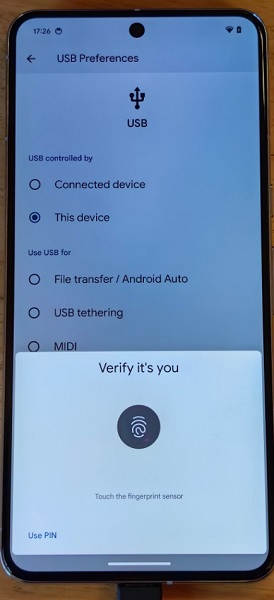Google on why it decided to offer 7 years of Android, security updates on Pixel 8 series
Seang Chau, vice president – Devices & Services Software, said during a podcast that Google has active user data of its Pixel users which suggests that most people use one model for multiple years.
“So when we look at the trajectory of where the original Pixel that we launched in 2016 landed and how many people were still using the first Pixel, we saw that actually, there’s quite a good active user base until probably about the seven-year mark,” Chau said.
According to the executive, when Google realised that people have been using the phones for as long as six years, the company decided that it will support Pixel 8 and later models with a total of 7 years of OS and security updates.
How Google is able to promise this change
One of the major changes that Pixel smartphones have seen since Pixel 6 onwards is the Tensor SoC – designed by Google to undertake AI tasks and machine learning models, giving it a better control on features.
But 7 years is a long time in the smartphone industry, and to tackle hardware limitations, Chau said that by keeping features software-based, Google aims to extend the usability of older devices, allowing them to benefit from new features without needing hardware upgrades.
Recently, it was announced that Pixel 8 is also going to get some AI features that were available on Pixel 8 Pro.




